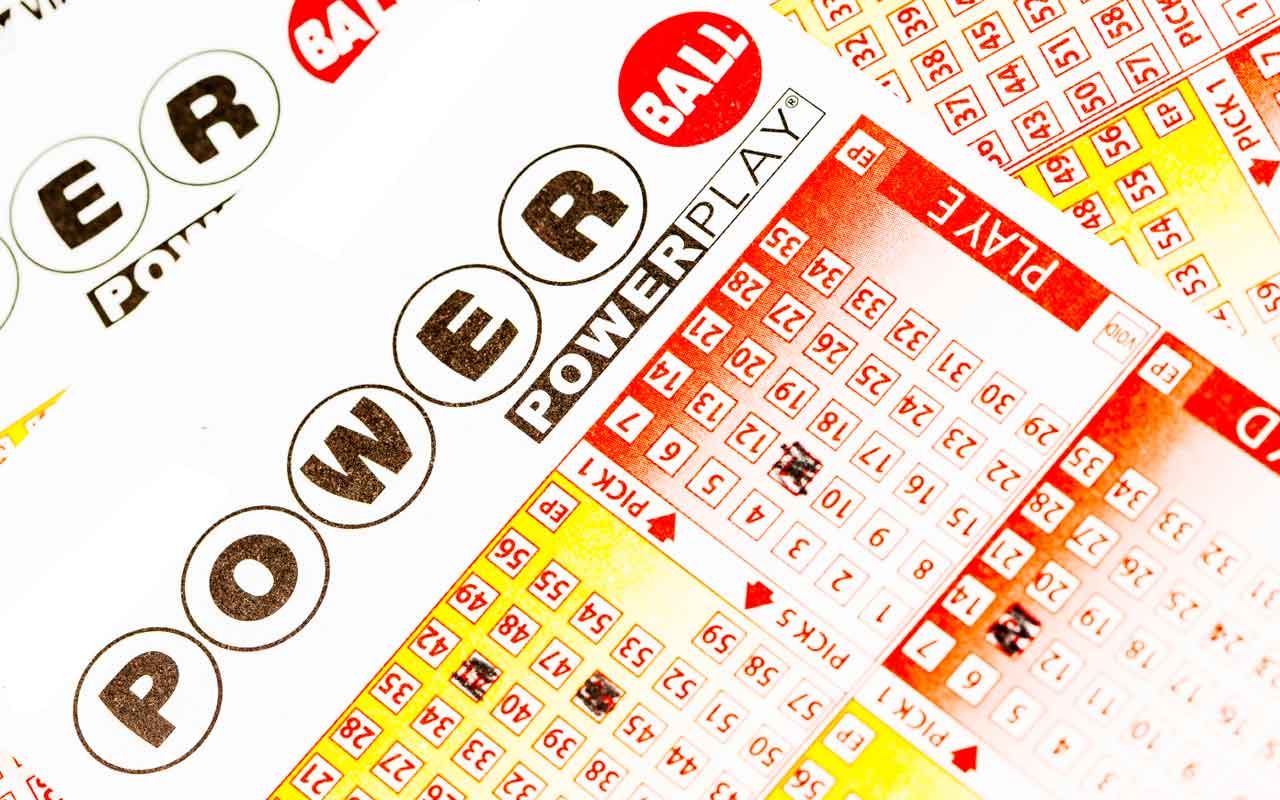Did You Leave Your 401(k) With an Old Employer?
If you lost your job or retired, you'll probably be better off rolling your retirement stash into an individual retirement account than cashing it out or keeping it in your former company's plan.

Profit and prosper with the best of Kiplinger's advice on investing, taxes, retirement, personal finance and much more. Delivered daily. Enter your email in the box and click Sign Me Up.
You are now subscribed
Your newsletter sign-up was successful
Want to add more newsletters?

Delivered daily
Kiplinger Today
Profit and prosper with the best of Kiplinger's advice on investing, taxes, retirement, personal finance and much more delivered daily. Smart money moves start here.

Sent five days a week
Kiplinger A Step Ahead
Get practical help to make better financial decisions in your everyday life, from spending to savings on top deals.

Delivered daily
Kiplinger Closing Bell
Get today's biggest financial and investing headlines delivered to your inbox every day the U.S. stock market is open.

Sent twice a week
Kiplinger Adviser Intel
Financial pros across the country share best practices and fresh tactics to preserve and grow your wealth.

Delivered weekly
Kiplinger Tax Tips
Trim your federal and state tax bills with practical tax-planning and tax-cutting strategies.

Sent twice a week
Kiplinger Retirement Tips
Your twice-a-week guide to planning and enjoying a financially secure and richly rewarding retirement

Sent bimonthly.
Kiplinger Adviser Angle
Insights for advisers, wealth managers and other financial professionals.

Sent twice a week
Kiplinger Investing Weekly
Your twice-a-week roundup of promising stocks, funds, companies and industries you should consider, ones you should avoid, and why.

Sent weekly for six weeks
Kiplinger Invest for Retirement
Your step-by-step six-part series on how to invest for retirement, from devising a successful strategy to exactly which investments to choose.
A friend told me today that her brother left his job a while back to start his own business, but his retirement money still was sitting in a 401(k) account with his former employer. She wanted to know if he should just cash it out.
"No, that's a bad idea," I said because he would have to pay a 10% early-withdrawal penalty and taxes. A better idea would be to roll the money directly into a traditional IRA or Roth IRA (see Yes, You Can Roll Over a 401(k) Into a Roth IRA).
Because my friend's brother is self-employed, he also could roll his 401(k) over into a SEP IRA or solo 401(K ), With a solo 401(k) You also can borrow up to half of your account balance (but not more than $50,000) -- something you can't do with any IRA. See Retirement Accounts for the Self-Employed to learn more about the rules and how to open an account.
From just $107.88 $24.99 for Kiplinger Personal Finance
Become a smarter, better informed investor. Subscribe from just $107.88 $24.99, plus get up to 4 Special Issues

Sign up for Kiplinger’s Free Newsletters
Profit and prosper with the best of expert advice on investing, taxes, retirement, personal finance and more - straight to your e-mail.
Profit and prosper with the best of expert advice - straight to your e-mail.
Benefits of rolling over your 401(K). If you cash out your 401(k), the distribution will be taxed as ordinary income, in your top federal tax bracket (except to the extent you made after-tax contributions). You'll also pay a 10% early-withdrawal penalty if you're younger than 55 in the year you leave your job.
For example, if cash out a $10,000 balance you'd pay up to $3,500 in federal taxes and penalties if you're in the 25% tax bracket. But there's more to consider than the immediate tax loss. Cashing out will also cost you thousands of dollars in foregone compounded interest.
If you roll your 401(k) over to an IRA or solo 401(k), you can avoid the tax bill and your money will continue to grow for retirement. Plus, you'll have greater control over your money. You can invest in the stocks, bonds or mutual funds of your picking -- not just the limited choices in your fromer employer’s 401(k).
Many mutual fund companies will let you open an IRA online. Or you can call a fund company, and most will walk you through the roll over process step by step. Vanguard and T.Rowe Price are good fund companies to consider because they have super low fees.
Once the IRA is open, tell your former employer you want a "direct rollover," where the employer transfers your 401(k) funds directly to your IRA so you can avoid taxes and penalties. If the check is made out to you, your former employer must withhold 20% for income taxes -- and you could get stung by a 10% early-withdrawal penalty if you're younger than 55 and don't get the full amount of the distribution (including the amount withheld for the IRS) into an IRA or other retirement plan within 60 days.
When it makes sense to leave your 401(k) as is. If you retire or get laid off between ages 55 and 59½, you could be better off leaving your money in your former employer's retirement plan. That's because you can take penalty-free withdrawals from a 401(k) if you're at least 55. You can't withdraw money from an IRA penalty free before age 59½.
Profit and prosper with the best of Kiplinger's advice on investing, taxes, retirement, personal finance and much more. Delivered daily. Enter your email in the box and click Sign Me Up.

Award-winning journalist, speaker, family finance expert, and author of Mom and Dad, We Need to Talk.
Cameron Huddleston wrote the daily "Kip Tips" column for Kiplinger.com. She joined Kiplinger in 2001 after graduating from American University with an MA in economic journalism.
-
 How Much It Costs to Host a Super Bowl Party in 2026
How Much It Costs to Host a Super Bowl Party in 2026Hosting a Super Bowl party in 2026 could cost you. Here's a breakdown of food, drink and entertainment costs — plus ways to save.
-
 3 Reasons to Use a 5-Year CD As You Approach Retirement
3 Reasons to Use a 5-Year CD As You Approach RetirementA five-year CD can help you reach other milestones as you approach retirement.
-
 Your Adult Kids Are Doing Fine. Is It Time To Spend Some of Their Inheritance?
Your Adult Kids Are Doing Fine. Is It Time To Spend Some of Their Inheritance?If your kids are successful, do they need an inheritance? Ask yourself these four questions before passing down another dollar.
-
 4 Ways to Thwart Elder Abuse
4 Ways to Thwart Elder AbuseCaregiving Being prime targets for scams, seniors need to be vigilant about protecting themselves.
-
 4 Tips to Build a Better 401(k)
4 Tips to Build a Better 401(k)investing Keys to getting the most out of your plan.
-
 5 Better Investments Than Powerball
5 Better Investments Than Powerballsavings Your odds of getting a good return on your money are much higher than winning the lottery.
-
 Get a Cash Bonus for Opening a New IRA
Get a Cash Bonus for Opening a New IRAIRAs Switching jobs or retiring? Some brokerages offer cash incentives for your rollover 401(k) money.
-
 5 Things ‘The Golden Girls’ Can Teach Boomers About Retirement
5 Things ‘The Golden Girls’ Can Teach Boomers About Retirementretirement Whether you’re preparing to retire or already there, this popular sitcom can teach you everything you need to know
-
 12 Best Freebies for Retirees
12 Best Freebies for RetireesMaking Your Money Last Retiree-friendly goods and services are available at no cost – if you know where to look.
-
 Undo Your Social Security Claiming Decision
Undo Your Social Security Claiming Decisionretirement How to reverse an early benefit claim designation.
-
 6 Great Online Financial Tools to Simplify Your Life
6 Great Online Financial Tools to Simplify Your Lifesavings These online resources will help you get your finances in order.